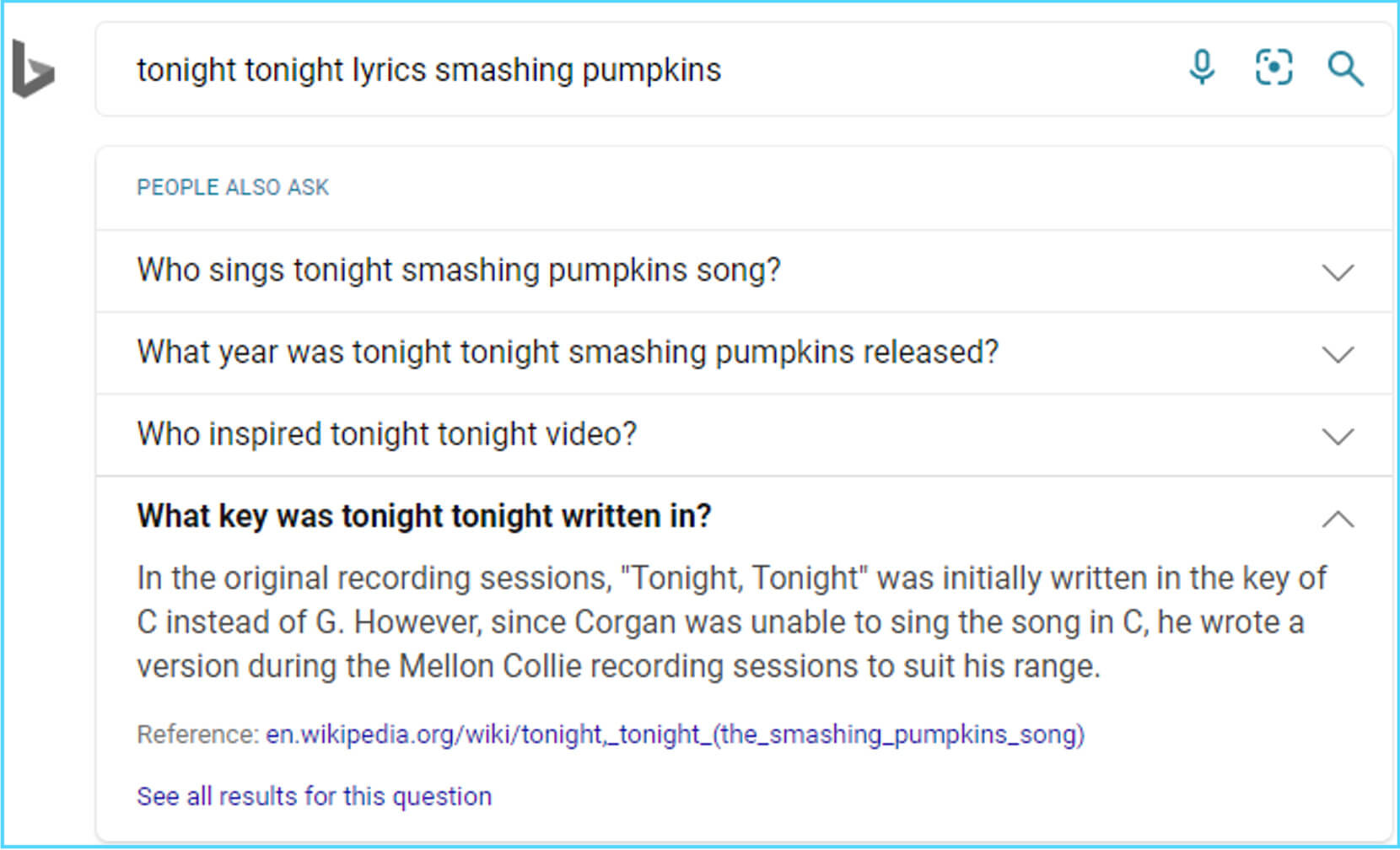Microsoft's search engine, Bing, is taking a step towards AI-powered search experiences. The company has begun incorporating AI-generated content within the "People Also Ask" section of search results. This addition aims to provide users with more comprehensive and informative answers to their queries.
Traditionally, the "People Also Ask" section displayed questions frequently asked by other users alongside snippets of text extracted from relevant webpages. Bing's new approach leverages artificial intelligence to generate responses directly, drawing upon the vast amount of information the search engine crawls and indexes.
The inclusion of AI-generated content is not without its transparency measures. Microsoft has implemented clear labeling for these responses, indicating "Includes AI generated content" within the "People Also Ask" section. This allows users to be aware of the source of the information they're consuming and make informed decisions.
While the specifics of the AI model powering this new feature haven't been disclosed by Microsoft, experts speculate it leverages large language models (LLMs) – a type of AI trained on massive amounts of text data. LLMs are capable of generating human-quality text, summarizing information, and answering questions in a comprehensive manner.
The integration of AI in search results presents both opportunities and challenges. On the positive side, AI-generated responses can provide users with a more streamlined search experience, offering concise and informative answers directly within the search engine results page (SERP). This can save users time and effort compared to navigating through multiple websites to find the information they need.
However, concerns regarding the accuracy and potential for bias in AI-generated content also exist. LLMs can perpetuate biases present in the data they are trained on. Additionally, the factual accuracy of AI-generated responses needs to be carefully monitored and ensured.
Microsoft's move signifies a growing trend of search engines leveraging AI to enhance user experience. While the long-term implications of AI-powered search remain to be seen, Bing's integration of AI-generated content marks a significant step towards a future where search engines not only retrieve information but also provide users with a more direct and comprehensive understanding of their queries.
